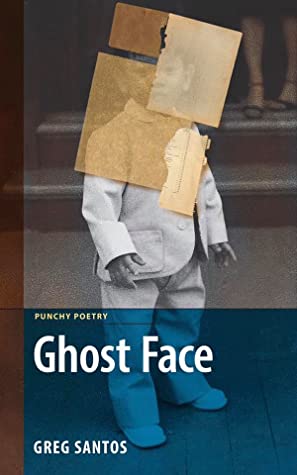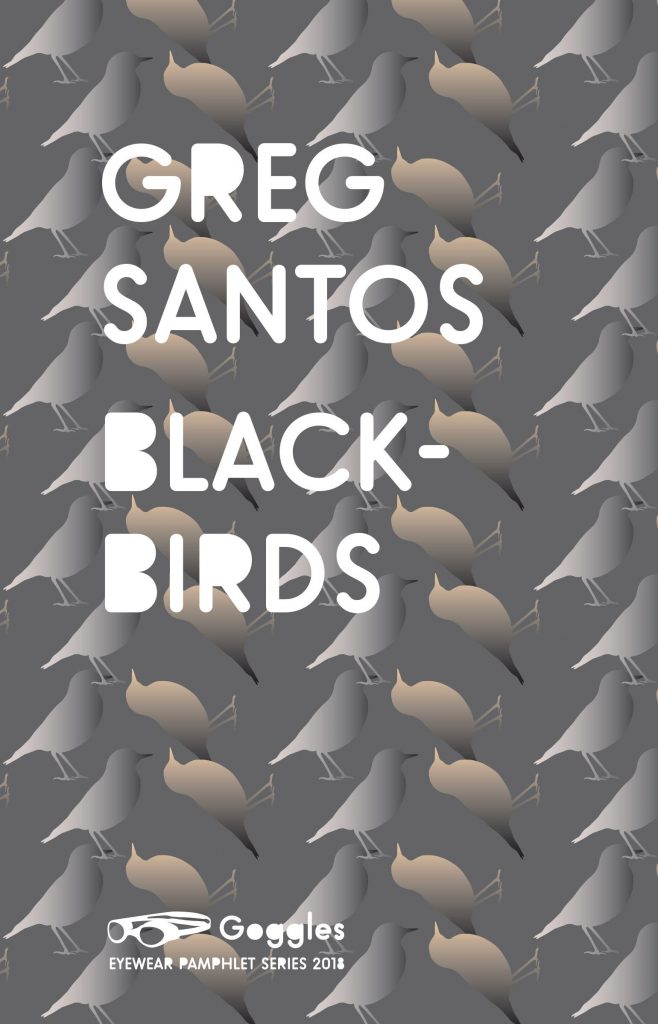
REVIEW BY GABINO IGLESIAS
—
More than a poetry collection, Greg Santos’s Ghost Face is a written exploration of identity filtered through the memories of a fragmented past. In these poems, Santos explores his roots, digging around in the dirt with his bare hands to uncover his adoption, his ties to Cambodia, his heritage, and the way his childhood experiences shaped him. “I don’t want to forget,” states Santos in a poem titled “Forgetfulness,” and remembering, holding on to memories and passing them on, is a recurring theme in this collection. In a way, Santos wants to give his children the gift of knowing what came before, but he also wants to carry those memories inside himself and use them to avoid becoming a ghost, a thought that comes from one of the lessons his father taught him before passing away:
“You remember how he always said elephants never forget.?
You remember wishing you could transform yourself into an elephant.”
Ghost Face is a collection that embraces plurality and shows the beauty that lives in it. Santos’s writing exists within the frame of his life, the places, people, animals, and music that marked him. It is also about fatherhood, writing, and the lingering scars of the Khmer Rouge regime. His searching for meaning and his obsession with holding on translate into poems about the immense significance of tiny things. Yes, there is darkness here, buy there is also humor and joy. Santos faces death, but sees it as tiny in comparison to hearing his children laugh. That balance between sadness and beauty permeates the collection.
Despite tackling so many themes, Ghost Face is mainly about identity, about being. In “Cambodian,” Santos explores the interstitial, often confusing space inhabited by those who swim between cultures, by those with deep roots elsewhere who are now far from those roots but in a place that feels like home:
“Are you Cambodian?
So, were you born in Cambodia then?
Have you ever even been to Cambodia?
Then how can you consider yourself Cambodian?
How do you mean?
Most folks think you’re Filipino. Remember when someone put you on a Twitter-thread for Filipino writers?
How did that make you feel?
?It’s the last name. Santos throws them off.?
SANTOS. It’s Portuguese, right??
Honestly, this is confusing…?
It’s like you are actually Cambodian or something…”
While there is nothing in terms of voice or style that resembles his work, some of the poems in Ghost Face reminded me of why I love the poetry of Langston Hughes so much. Like Hughes, Santos seems to be holding everything he loves in his hands while writing: his children, his parents, his childhood. He is in touch with the things that live in his heart, and has no problem sharing them with us.
Ultimately, the best thing about this book is that it reminds us that we can talk to ghosts through writing and reading. Words can hold the past and carry it into the future; they can dig into our history and heritage as they forge new memories and allow us to share them with others. More than a poetry collection, Ghost Face is Santos sharing pieces of his life with us, and what he has to share is worthy of your time and attention.
—
Gabino Iglesias is a writer, editor, literary critic, and professor living in Austin, TX. He is the author of ZERO SAINTS and COYOTE SONGS. You can find him on Twitter at @Gabino_Iglesias.
![[PANK]](https://pankmagazine.com/wp-content/themes/pank/assets/images/pank-logo-large.png)

